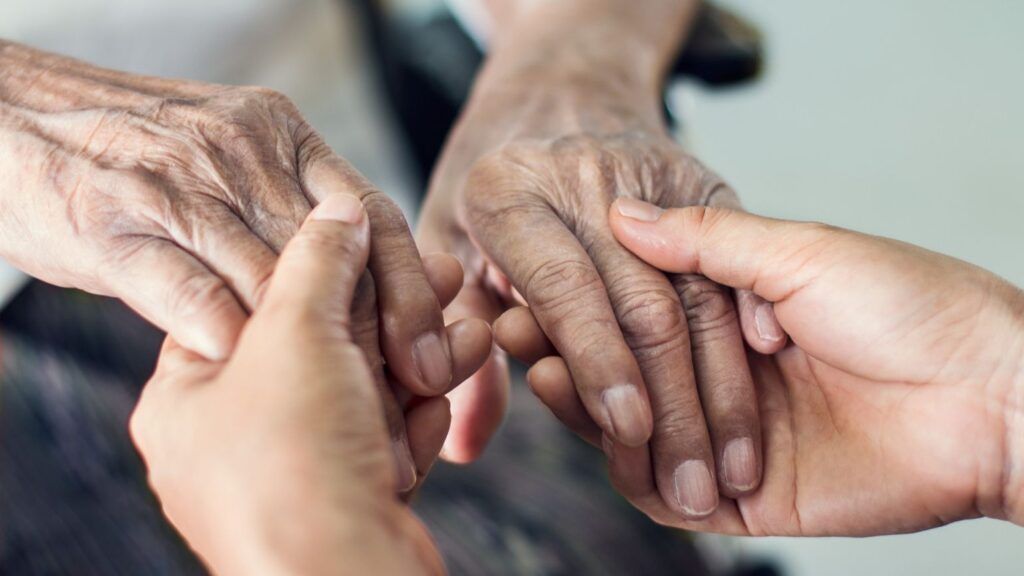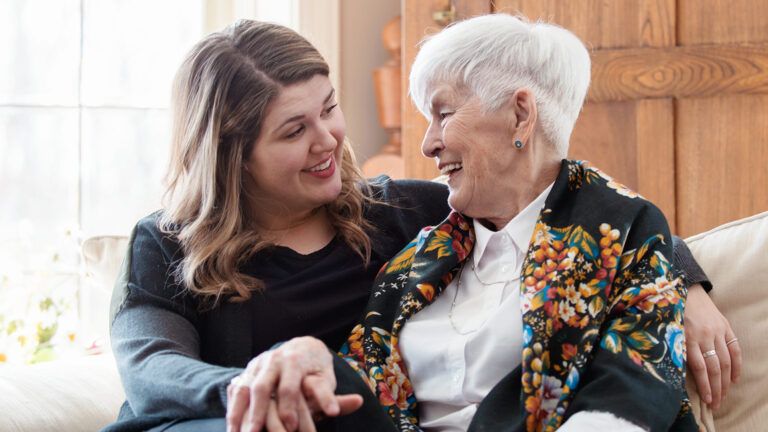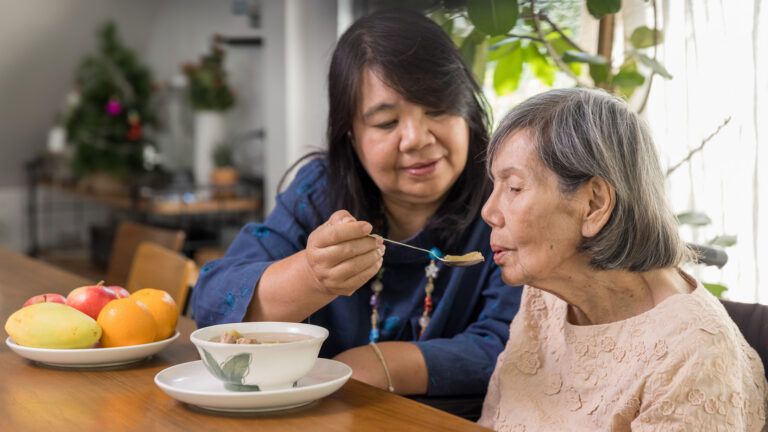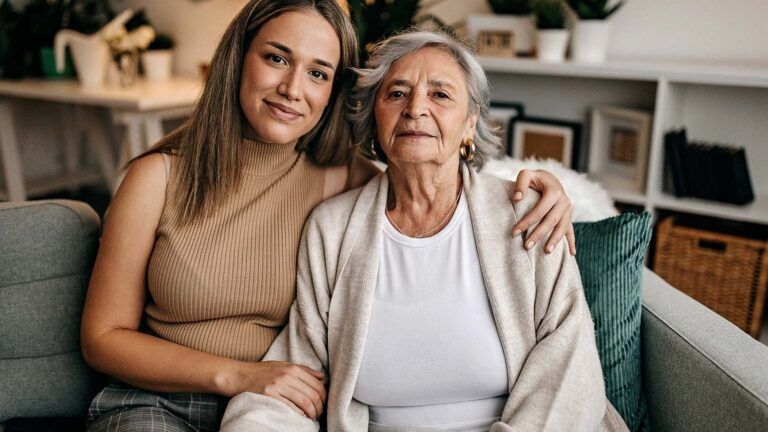Katherine Judge, PhD is a Professor of Psychology and Director of the Adult Development and Aging Doctoral Program at Cleveland State University and an Adjunct Senior Research Scientist at Benjamin Rose Institute on Aging
When your loved ones age, you become increasingly aware of their health, and the possibility of them developing dementia is often a concern. But not everyone is able to identify the signs and symptoms of Alzheimer’s disease or other forms of dementia. You may not know how to broach the subject with a family member you are concerned about. You also may worry about how you would handle caring for the person if he or she does receive a diagnosis. The following questions and answers may help you to more clearly evaluate your loved one’s condition by giving you more information on the illness and the symptoms. You also may find ways to prepare yourself for a diagnosis and what comes after.
How can I find out whether my loved one has Alzheimer’s disease?
At this time, no definitive biological marker or blood test is able to determine beyond a doubt that an individual has Alzheimer’s or any other form of dementia. However, clinicians use biological based tests to rule out other explanations, such as thyroid disorder or an infection, and use neuropsychological tests to diagnose Alzheimer’s disease and other types of dementia based on a person’s cognitive performance. These tests can take time and may be frustrating for the person being evaluated, but are crucial in ruling out treatable conditions and in arriving at an accurate diagnosis.
Research shows that most people show subtle signs of Alzheimer’s or other types of dementia between three and five years before a diagnosis is made. Sometimes diagnosis is delayed because family members assume that symptoms of Alzheimer’s or other types of dementia—such as memory loss, difficulty completing familiar tasks, difficulty formulating words, and confusion about time and place—are part of the natural aging process. This belief may keep individuals and their families from getting checked earlier. This is why clinicians and researchers emphasize that these symptoms are not part of the normal aging process and contrary to common belief, most older adults will not develop Alzheimer’s or dementia as they age. For example, only around 5.7 million of the 50 million people over the age of 65 in the U.S. are diagnosed with Alzheimer’s disease or dementia.
How can I convince my loved one to have symptoms evaluated by a medical professional?
When discussing the topic of dementia with your loved one, remember that everybody is different. We all communicate in our own ways, so tailor your approach to that particular person. It is important to be open, but you can do so in a way that fits the individual. You might want to say directly that you think he or she should see a doctor to discuss symptoms, or you might want to be more subtle. Many people are afraid of the subject of Alzheimer’s, especially someone who may be in the early stages and is confronting the possibility of losing memories and cognitive function. Nevertheless, it’s important to broach the subject before a crisis occurs.
If your loved one’s condition reaches a point in which personal safety or the safety of others is at risk, then it is imperative to have him or her see a doctor, despite any remaining reluctance.
If my loved one does receive an Alzheimer’s diagnosis, is it better to care for him or her in an assisted living facility or at home?
This is a very personal decision and there is no right or wrong answer. Each family is unique and resources vary. It is ideal to involve your loved one early on in planning for his or her own future care. This will make it easier for you to make a decision if the time comes when more care is needed. Alzheimer’s disease is progressive, meaning that individuals begin with early stage symptoms, which then develop into more moderate and severe symptoms as time passes. A person who is diagnosed in the early stages of the disease should still be able to get around much the same as before the diagnosis. As the disease advances and the person’s capabilities change, it is important to keep your loved one involved in discussions and to respect his or her rights, decisions, values and preferences along the illness continuum. If the person wants to continue living at home, that preference should be honored, if possible.
In most cases, people with Alzheimer’s or other types of dementia are taken care of at home rather than a memory care facility, unless:
- No one is available to handle their home care
- Their primary home caregiver can no longer take care of them due to burden, stress, lack of support, financial issues, work or childcare responsibilities
How can I make the home suitable for caring for a loved one with Alzheimer’s?
If your loved one chooses to stay at home, his or her procedural and spatial-related long-term memory should help to navigate the home safely and to remember where things are located with relative ease. A great way to cut down on potential confusion and difficulty as the illness progresses is by labeling items and locations throughout the home. You also can post ‘how-to-do’ lists that can guide your loved one in completing certain tasks that are still doable, such as watering plants, grooming a pet or preparing a simple meal. This allows the person to practice existing skills and abilities and remain engaged in meaningful activities, while taking some tasks off your shoulders and allowing you a bit of respite.





